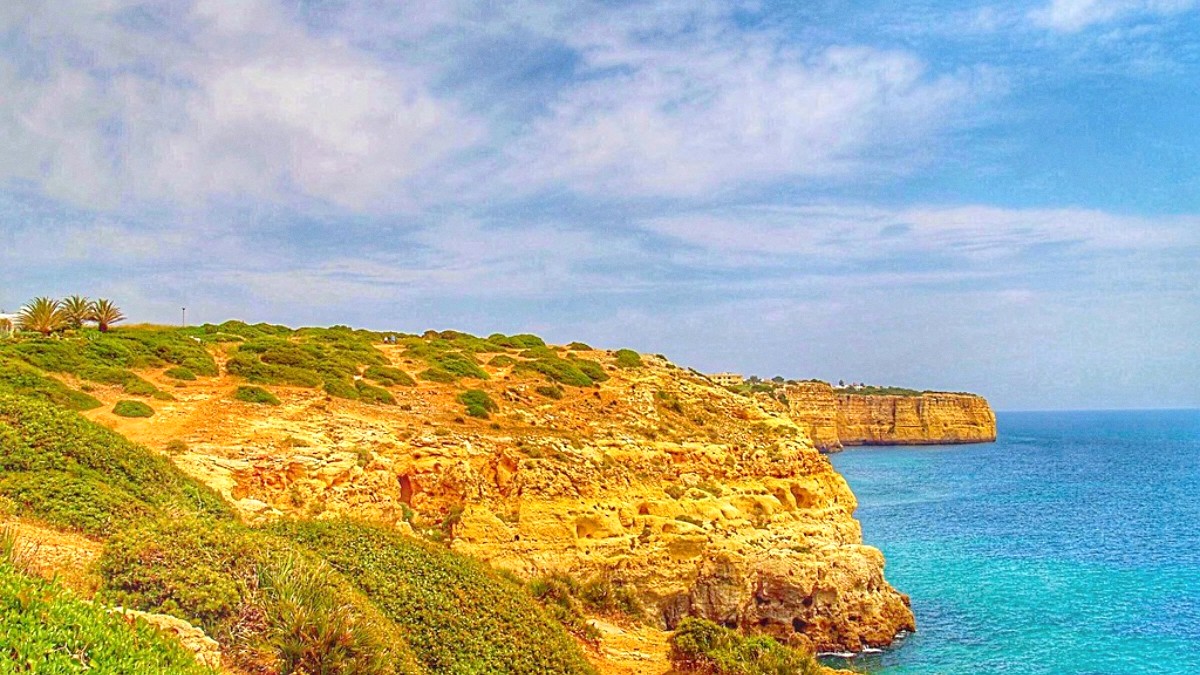
Portugal
Citizens from many countries, including the United States, Canada, Australia, New Zealand, the United Kingdom, and many South American nations, do not need a visa for short tourist stays in the Schengen Area. These stays are typically limited to a maximum of 90 days within any 180-day period. Citizens from countries not listed as visa-exempt will generally need to apply for a Schengen Visa (Type C).
The application process involves submitting an application at the Portuguese embassy or consulate in your country of residence. This typically includes scheduling an appointment, completing an application form, gathering required documents, and sometimes an interview. Processing times for Schengen visas vary, usually around 15 calendar days, but may extend up to 45 days.
Portugal does not impose general entry fees for tourists. Upon arrival, you will pass through immigration control where officials check your passport and possibly ask about your visit. For EU/EEA/Swiss citizens, the European Health Insurance Card (EHIC) grants access to state-provided healthcare. For non-EU citizens, travel insurance is strongly recommended.
Portugal has no specific health-related entry requirements. It is always good to have routine vaccinations up-to-date (MMR, DTP, polio). Consult your doctor or a travel clinic before your trip.
Apply for Schengen Visa (Type C)
Submit application, gather documents, attend interview. Biometric data usually collected.
Usually 15 calendar days, may extend up to 45 days. Apply well in advance.
Mandatory for Schengen Visa applicants.
Must cover medical emergencies, hospitalization, and repatriation, with a minimum coverage of €30,000.
Highly recommended for all travelers for unforeseen circumstances.
No specific health requirements for entry.
Routine vaccinations up-to-date (MMR, DTP). Hepatitis A/B generally recommended.
Consult doctor or travel clinic 4-6 weeks before trip.
The official currency is the Euro (€). ATMs ("Multibanco") are widely available for cash withdrawals. Major credit/debit cards (Visa, Mastercard) are common in hotels, restaurants, and larger shops. Some smaller businesses prefer cash. Inform your bank of your travel dates. When paying by card, choose to pay in Euros for a better exchange rate.
Tipping in Portugal is appreciated but not mandatory. For good service in a sit-down restaurant, rounding up or leaving 5-10% is common. For exceptional service, 10-15% is generous. For cafes/bars, rounding up or leaving a few coins is common. Round up taxi fares. For hotel housekeeping, €1-€2 per night is a gesture.
€40-€70/day (hostel, self-catering/local "tascas", walking, free attractions).
€70-€150/day (3-star hotel, mid-range restaurants, occasional taxi, boat tours).
€150+/day (4-5 star hotel/villa, fine dining, private transfers, exclusive tours).
Coffee/Pastry: €1.50-€3. Local Lunch Menu: €8-€15. Dinner: €12-€25.
Local Bus: €1.50-€3. Taxi (short): €5-€10. Faro Airport Taxi: €60-€80.
Travel to Carvoeiro, Portugal, is generally safe and straightforward.
The Algarve sun is strong, leading to potential sunburn and heatstroke. High temperatures and activity can lead to dehydration. Mosquitoes are present in warmer months. Food and waterborne illness risk is low.
For serious medical emergencies, major public hospitals are in Portimão (Hospital do Barlavento Algarvio) and Faro (Hospital de Faro). Pharmacies (Farmácias), identified by a green cross, offer advice and over-the-counter medications.
Before your trip, save important emergency numbers to your phone, and keep a written list with your passport copies.